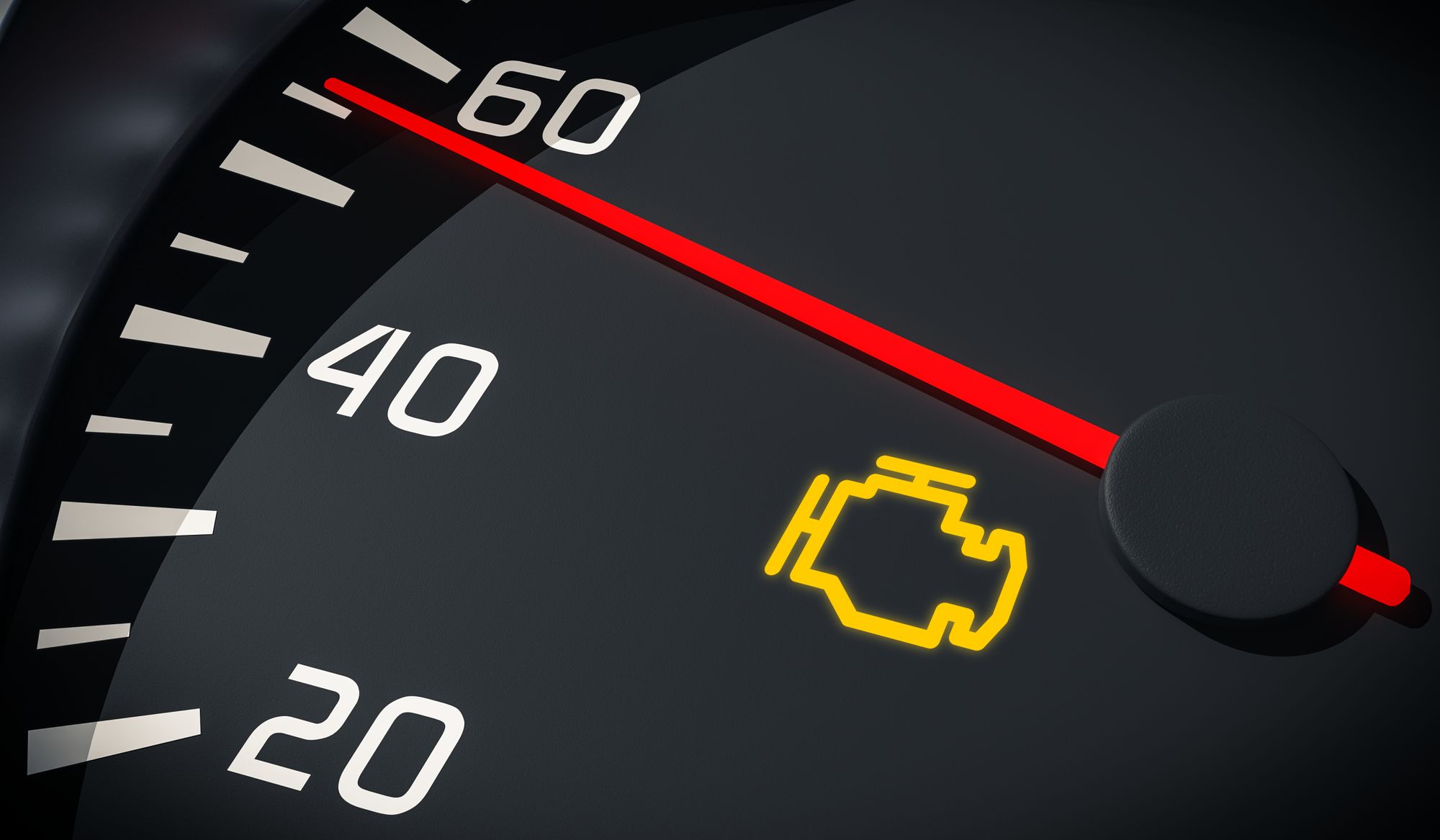Things happen to our cars all the time, from minor scratches when taking curbs too fast to repairing whole sections of a vehicle due to an engine replacement. You may already know that if one thing happens to your car, it can cause a butterfly effect and slowly start affecting parts of your vehicle that initially weren't compromised but might need fixing now. For example, if someone were to neglect to change their brake pads, this could lead to the rotors and caliper being damaged, which can leave the car unmovable if damages were severe. Not only is the vehicle now in need of service, but now the owner most likely would have to pay up to three times the original cost from what could have been a simple brake pad replacement.
Get a free quoteWrench would love to help by offering a free quote so we can help you resolve your car issues before they get worse, and get you back on the road. It is as simple as clicking on the free quote button above and filling out some information regarding yourself and your vehicle. For more information, check out our Facebook, LinkedIn, and Instagram.
Checklist: What Could Be The Issue?
Your engine light can come on for various reasons, and unless you have an OBD scanner, these issues can remain a mystery for the average car owner. It's essential to keep in mind that your dashboard has different ways of expressing the potential damages your vehicle is facing. Certain cars are programmed to show a yellow or orange check engine light if something could affect the engine and check it out whenever possible. A flashing or red light engine light is what you have to worry about. If you see this, take your car immediately as there could be a severe problem. Below you can find the most common reasons an engine light can turn on, and with the help from Wrench can get your car issues sorted.
Catalytic Converter:
Having an important role in reducing toxins going into the atmosphere, Catalytic Converters filter gases such as carbon monoxide from a car's exhaust into carbon dioxide. These parts can be expensive due to metals, such as rhodium. When not working correctly, over time, it can cause your vehicle to run poorly and even prevent your car from running.
Gas Cap:
Possibly the cheapest reason why your engine light could be on, this can happen by simply not putting on your gas cap, which usually happens after refilling gas. If you find yourself in a situation where you lose it, like accidentally leaving it on your car's roof, you most likely can go to a nearby car shop and buy a universally fitting cap as low as $10.
Engine Thermostat:
A faulty thermostat can be a tricky solution as its malfunctioning can be the difference between wasting extra gas and needing to replace your engine completely. If the thermostat is stuck open, you most likely will notice your engine warming up longer than usual, as well as difficulty shifting into higher gears in an automatic transmission. If your thermostat is stuck closed, you'll eventually notice the complete opposite reaction from it being open. Expect failure from your head gasket and other expensive repairs such as engine rebuild.
Spark Plug or Ignition Coil Failure:
Without these parts functioning correctly, your vehicle will lack the power to accelerate or even not start at all. Like most parts inside your car, spark plugs need to be replaced every 30,000 to 50,000 miles, though some new vehicles don't require this. A sign for faulty spark plugs could also be the ignition coil. Look out for misfiring in your engine as well as rough idling, engine not responding correctly, and troubles starting your car.
Oxygen Sensor:
A vital part of your car and typically why the check light comes on, its task is to allow your engine to burn the right amount of fuel and have your emissions from your catalytic converter running correctly. Leaving this unfixed can cause issues in your air conditioning system or even overheating your catalytic converter. Leaving this unfixed will eventually affect more than just your fuel economy.
Aftermarket Alarm:
Your engine light could be on due to improper installation of the alarm, and this can also happen if the aftermarket part is not compatible with your vehicle. A symptom of this can be the car alarm going off randomly and, if left unfixed, could potentially damage other electronic components in your car. Aftermarket alarms have their purpose but make sure they work on your vehicle.
How to resolve this?
Being realistic, some of these issues can go by being unresolved for a short period of time, but if you leave your car unfixed, be prepared to face damages that could be more than a tiny fix. The best move is to get a diagnostic done as soon as possible if you do not know what could be wrong with your car. Cars are fantastic because they can get us to where we need to go, but if you don't show some love to your vehicle, you'll start to notice the degrading in performance followed by the eventual dead car, which can cost potentially cost thousands. Save yourself time, mental pain, and convenience by having our ASE-certified mechanics check your car for you. It's as simple as clicking on the button below and filling out the information so we can reach out to you and get your engine diagnostic at a time that fits with you.
Get a free quote

